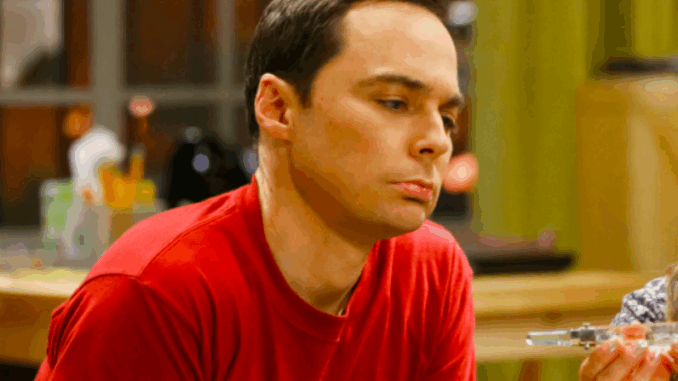
When The Big Bang Theory premiered in 2007, audiences were introduced to a character unlike any they’d seen on a mainstream sitcom: Sheldon Cooper, the brilliant yet socially inept theoretical physicist whose quirks became the heart of the show. Played by Jim Parsons, Sheldon was more than just comic relief—he was a subtle but impactful representation of neurodivergence, even if the show never labeled him that way.
A Character Who Didn’t Fit the Mold
From the very beginning, Sheldon stood out. He had strict routines, struggled with sarcasm and empathy, disliked physical contact, and had intense fixations (trains, flags, Star Trek, and more). These weren’t just comedic traits—they were behaviors many people recognized as being consistent with autism spectrum disorder (ASD) or obsessive-compulsive tendencies.
In fact, Jim Parsons has acknowledged that he based some of Sheldon’s behaviors on traits found in people with Asperger’s and OCD. However, the writers made a deliberate decision not to give Sheldon a formal diagnosis. Whether this was to avoid controversy or to keep the character open-ended, the result was powerful: Sheldon resonated deeply with many viewers who saw themselves—or their loved ones—in him.
Humor with Humanity

One of the most brilliant aspects of Sheldon’s character was how the show blended his eccentricities with warmth. He was never just the “weird guy.” Instead, viewers saw his vulnerability, loyalty, and the deep (if sometimes confusing) affection he had for his friends.
Episodes like “The Pants Alternative” (season 3, episode 18), where Sheldon overcomes his fear of public speaking, or “The Opening Night Excitation” (season 9, episode 11), where he finally sleeps with Amy, show just how much emotional growth he undergoes. These aren’t played for cheap laughs—they’re moments of character triumph.
“It’s a possibility. A remote possibility. Like a solar eclipse or a coherent conversation with you.”
— Sheldon, balancing sarcasm with surprising self-awareness.
Acceptance, Not Fixing
Unlike many TV shows that treat neurodivergence as a problem to be solved, The Big Bang Theory never asked Sheldon to change who he was. His friends accepted him—quirks, bluntness, and all. Over time, they learned to navigate his world, just as he learned (sometimes painfully slowly) to navigate theirs.
This mutual acceptance is best illustrated through his relationship with Amy Farrah Fowler. Amy never tried to “fix” Sheldon; instead, she encouraged him to grow in his own time. Their relationship, full of awkwardness and unexpected sweetness, was a masterclass in showing love without conditions.
The Broader Impact
For many viewers, Sheldon was the first time they saw a character who mirrored their own cognitive or emotional experiences on screen. He offered representation—not through labels or lectures—but through authentic storytelling.
In a world that often dismisses people who behave differently, Sheldon’s success sent a loud, clear message: you can be different, brilliant, difficult, and still be deeply loved.
As The Big Bang Theory concluded after 12 seasons, Sheldon had won a Nobel Prize, built a life with Amy, and found peace with his past. He didn’t become “normal.” He became accepted. And that’s far more powerful.